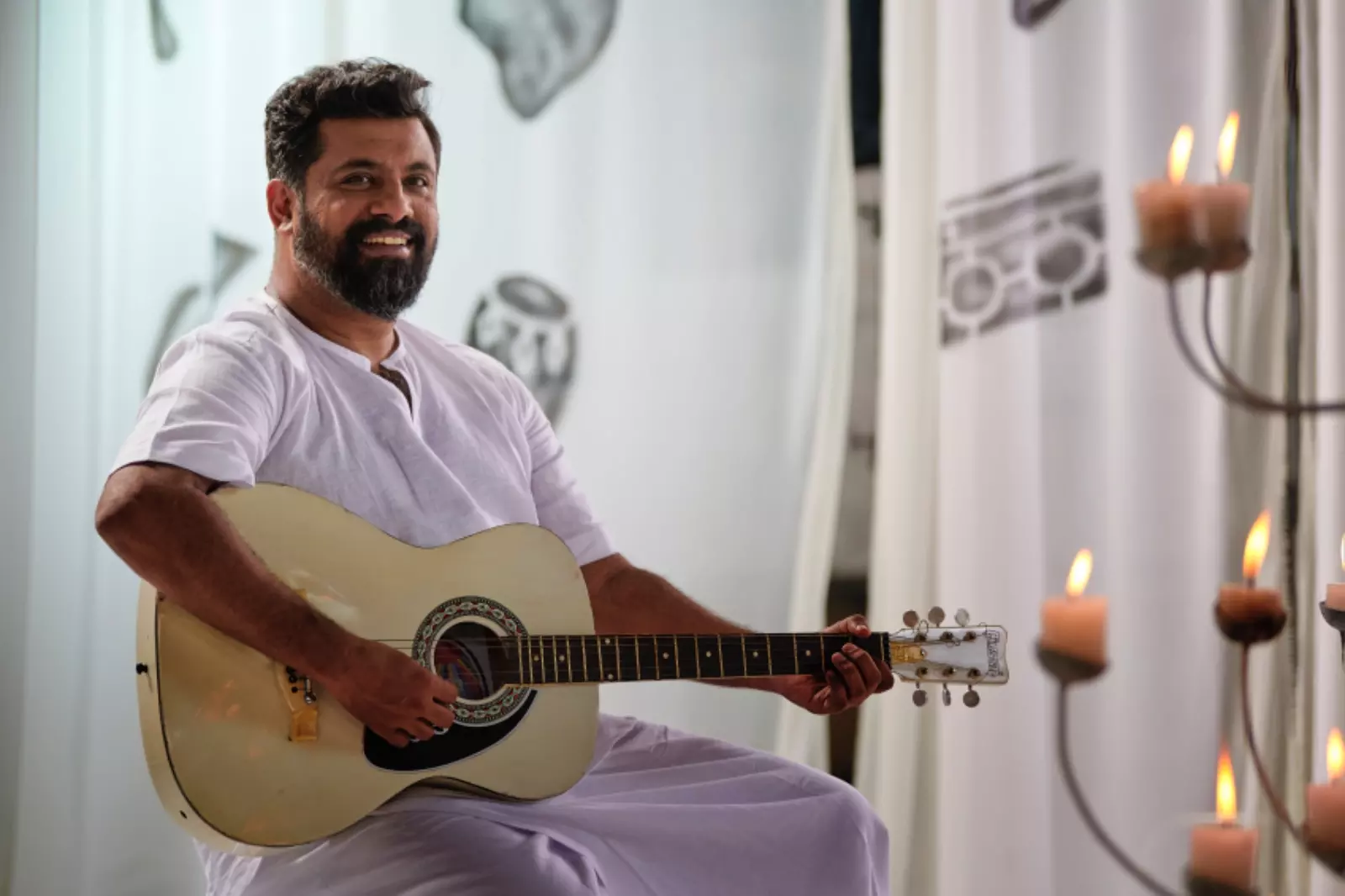Being Independent Musician is Satisfying, But Not Lucrative: Raghu Dixit

Image Courtesy : By arrangement
In an exclusive interview with Deccan Chronicle, singer and composer Raghu Dixit recalls a dark period in his life when he would go to bed each night hoping not to wake up the next morning. During this testing time, he met a fan from Kolkata, John Paul. They collaborated for over two weeks, creating more than 45 tunes. This experience reignited Dixit’s passion for music after a decade and led to the creation of ‘Shakkarpari’, which he describes as the most danceable, happy song that was born from a very dark place.
Congratulations on your new album Shakkarpari. What inspired you to come up with this?
Shakkarpari is one of the eight songs in my new album, ‘Shakkar,’ releasing worldwide on July 6. The album is along the theme of going through life’s darkness and finding hope. Each of the eight songs are cantered to help listeners find faith and answers, or at least make them feel they can deal with their situation. The tagline, or hashtag as they say today, for the album is about staying alive even when you don’t want to.
Can you tell us about the song ‘Shakkarpari’?
‘Shakkarpari’ is a lesson in kindness and compassion and consideration for other people. It’s about a girl who steals sugar from the market to distribute to people who have never tasted sweetness. The music video, based on an idea by Ankur Tiwari, tells the story of a girl who collects coins to buy a candy bar for a classmate and ends up stealing to make someone happy. The theme of the album is about making people happy through music, despite its heavy and dark undertones. It's a fun, danceable album with vibrant collaborations from around the world.
How did this album come about?
This album was born during a tough phase in my life when I struggled to find enthusiasm each morning. During this time, I met an amazing young musician from Kolkata, John Paul. We worked together for 15-16 days and created over 45 tunes. His dedication and our collaboration rekindled my passion for music, making me realise there's still so much more music left in me to share with the world.
Speaking of collaborations, you are working with Grammy Award winner Bela Fleck. How did that happen?
Bela Fleck and I became friends through his wife, Abigail, when we performed for the Queen of England. We kept in touch, and although life took us in different directions, we finally collaborated on this album. When I needed something fun and eclectic, I reached out to Bela, and he agreed to play on the track.
Do you have any memorable takeaways from your collaborations?
All my music is collaborative. I find joy in making music with others, often feeding off someone else’s basic idea and expanding it. Working with John Paul on this album was incredible. Other notable collaborations include Rajesh Vaidya on the Carnatic Meena, Urbayan Chaturji on Sitar, KC Drees from Nashville, and musicians from Sao Paulo, among others.
Your music has a folk element. Is that intentional?
Not really. I sing straight from my heart, loud and full-throated, as I wasn’t trained in classical music. This style led me to create unique music, though it makes it difficult for me to sing others’ melodies. But this uniqueness has helped me connect deeply with my audience.
Image Courtesy : By arrangement
Does music have the power to bring about social change?
I believe music brings people together, dissolving walls between us. At concerts, people forget about differences and connect deeply. Music’s personal relatability can inspire movements and bring about social change.
What challenges did you face, and what advice would you give aspiring musicians? Is music lucrative?
If you’re looking for luxury, the commercial side of music is lucrative, with film songs and wedding performances. But genuine, emotional connection with your audience as an independent musician is challenging and less financially rewarding. I’ve always been fiercely independent, never singing cover songs on stage. Despite the financial losses from touring, performing at major festivals and venues like London’s O2 Shepherdsburg and Cambridge Folk Festival makes it worthwhile. Aspiring musicians should be prepared for financial challenges and stay true to their music.
What keeps you going as an independent musician?
I believe my music needs to be heard worldwide. It’s a challenge, but the deep connection with the audience and the belief in my music’s impact keeps me going. I’m willing to do whatever it takes.
( Source : Deccan Chronicle )
Next Story

